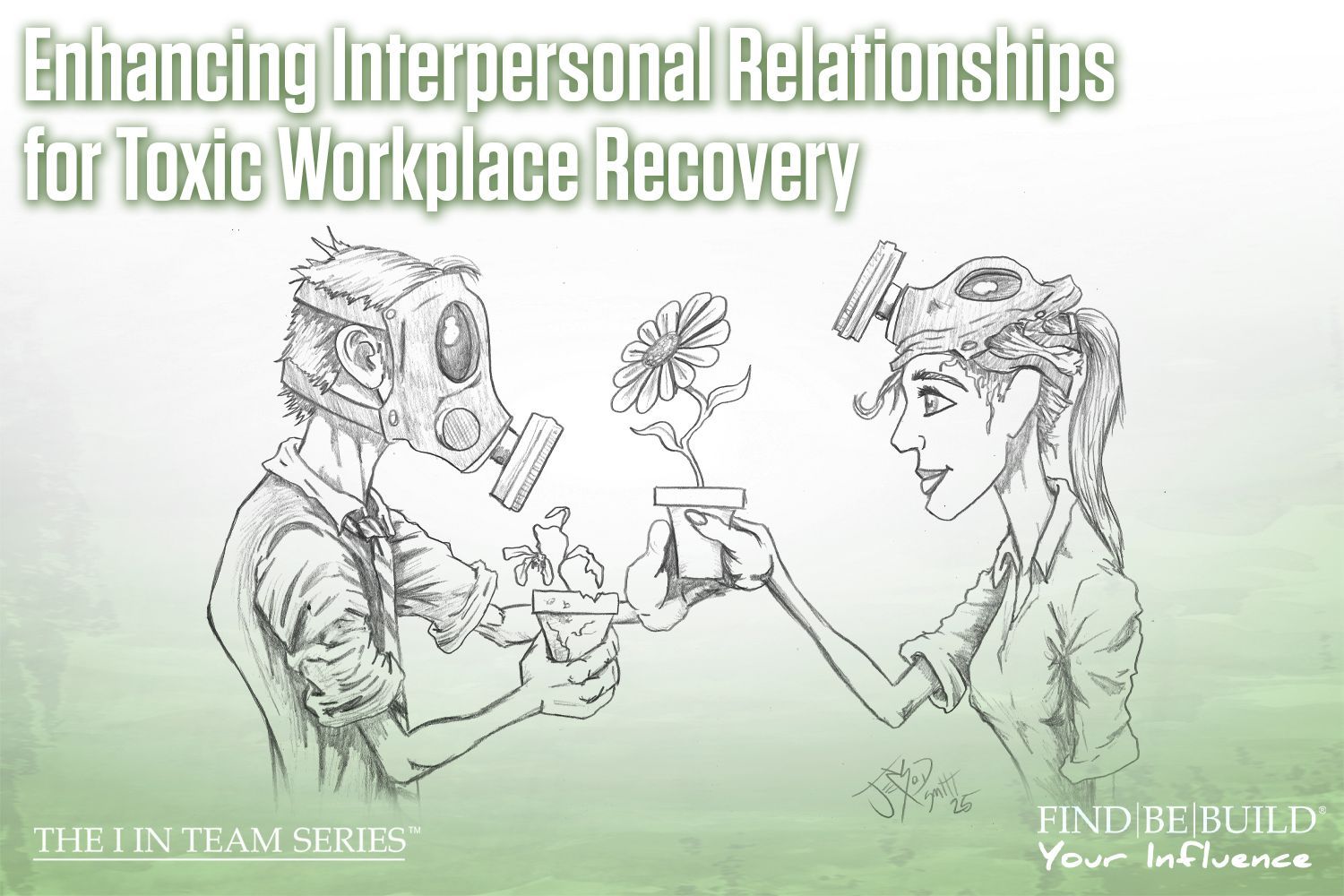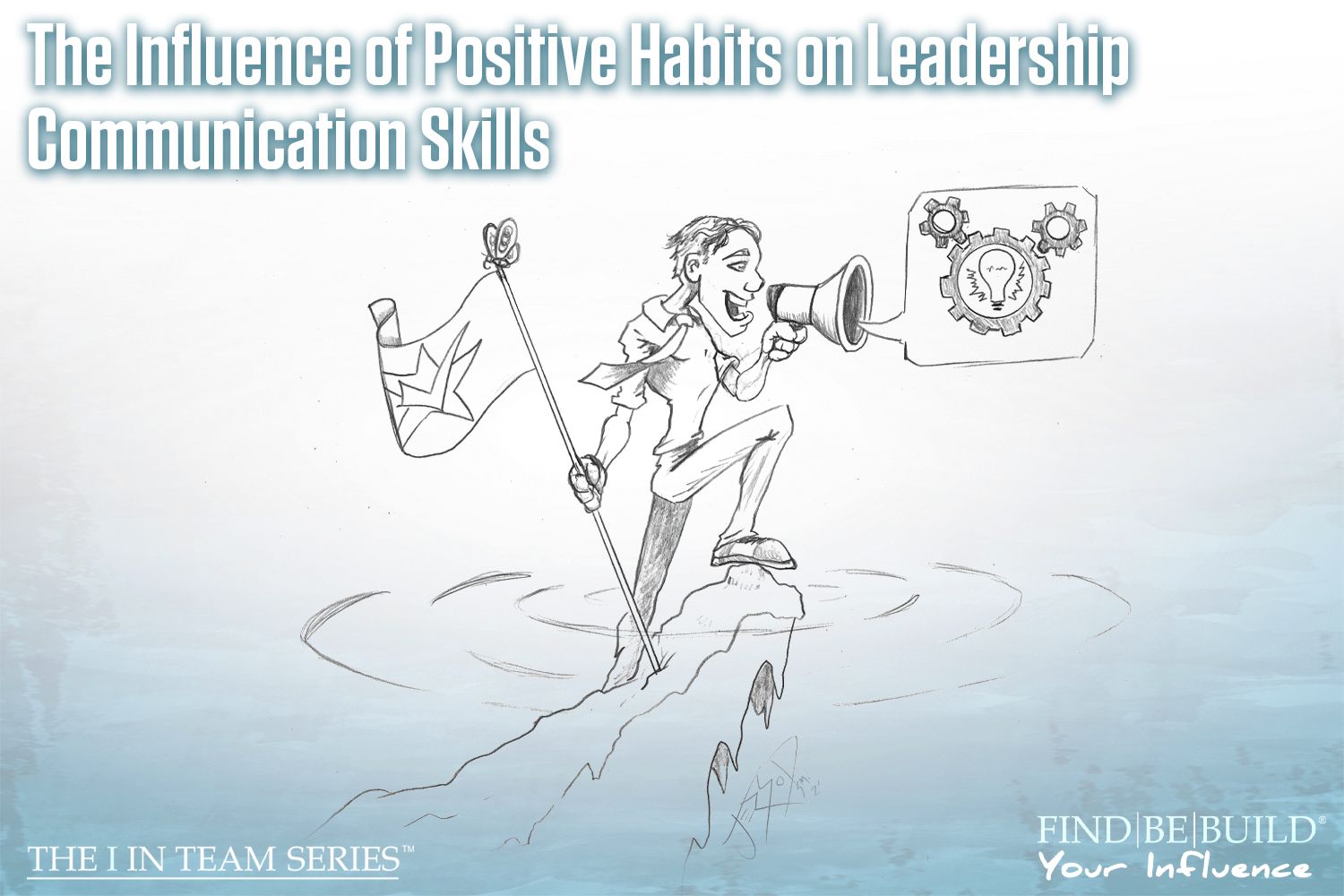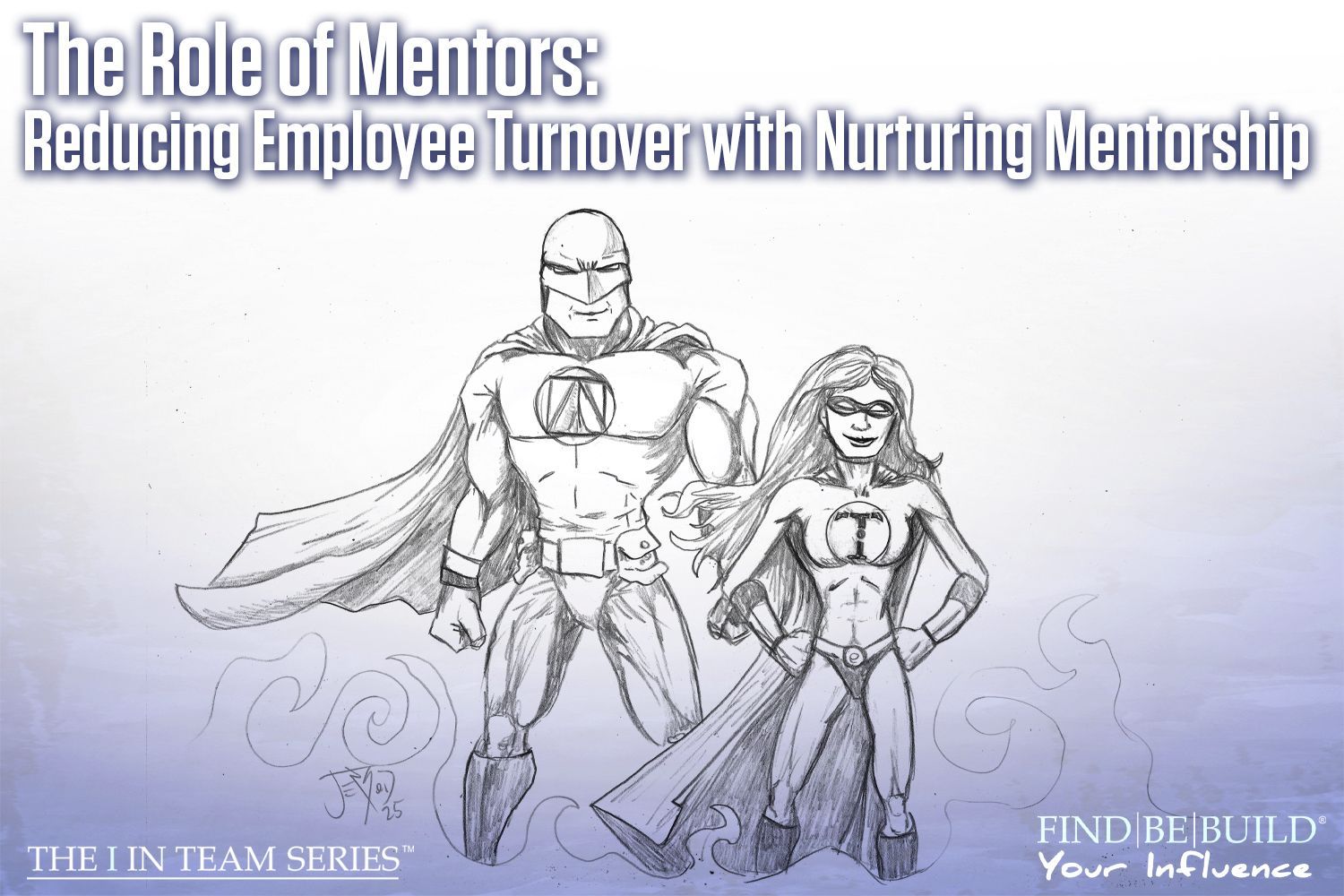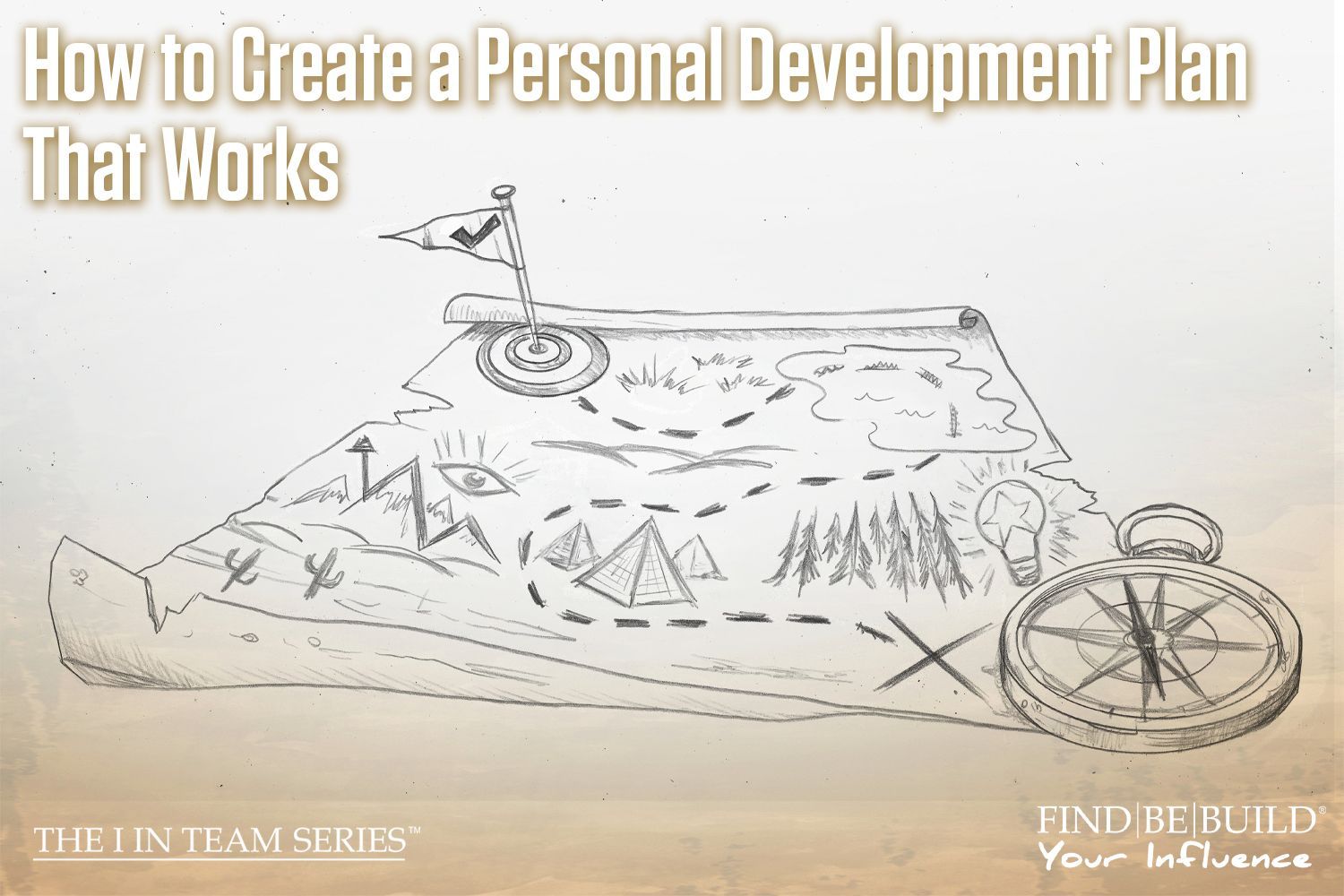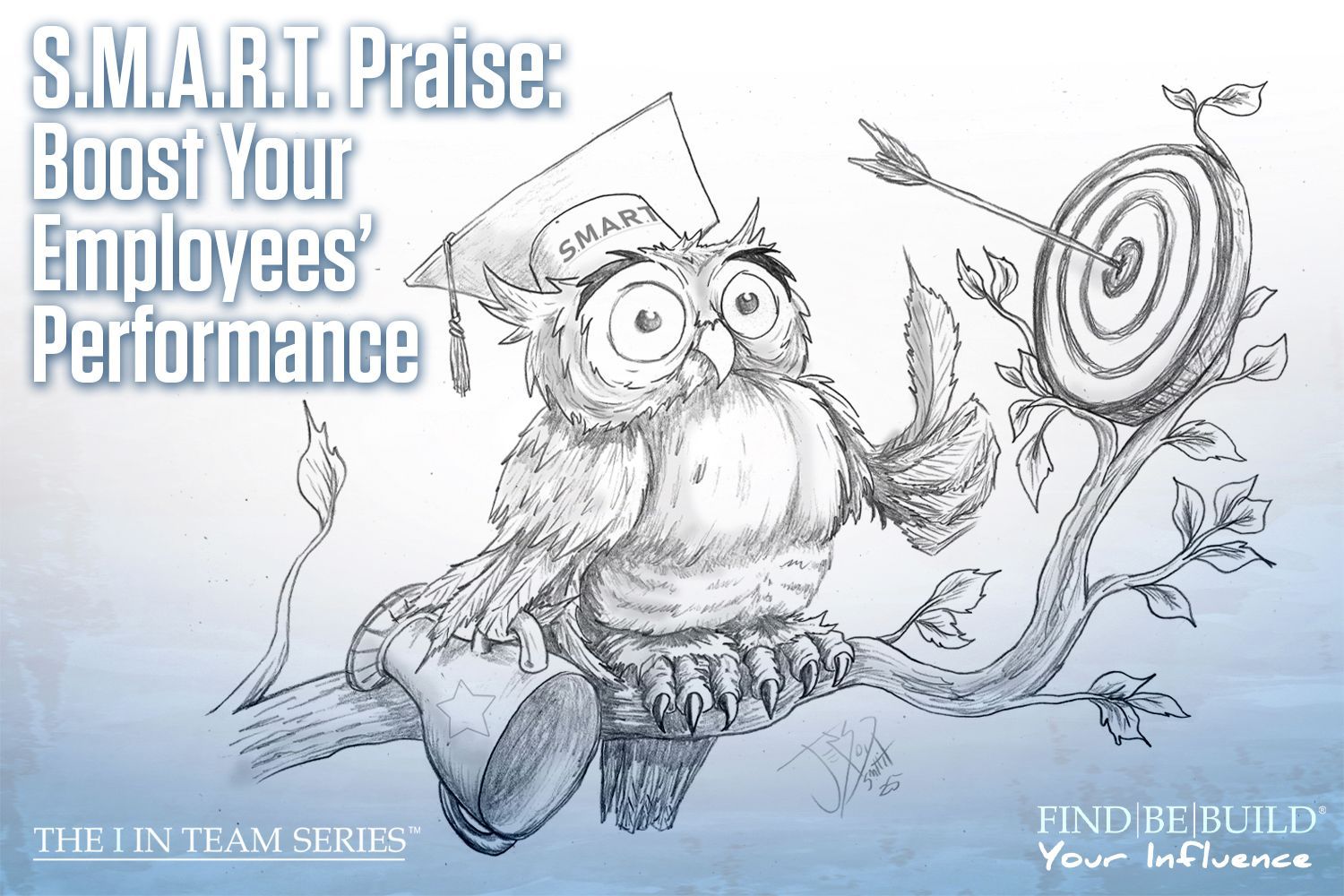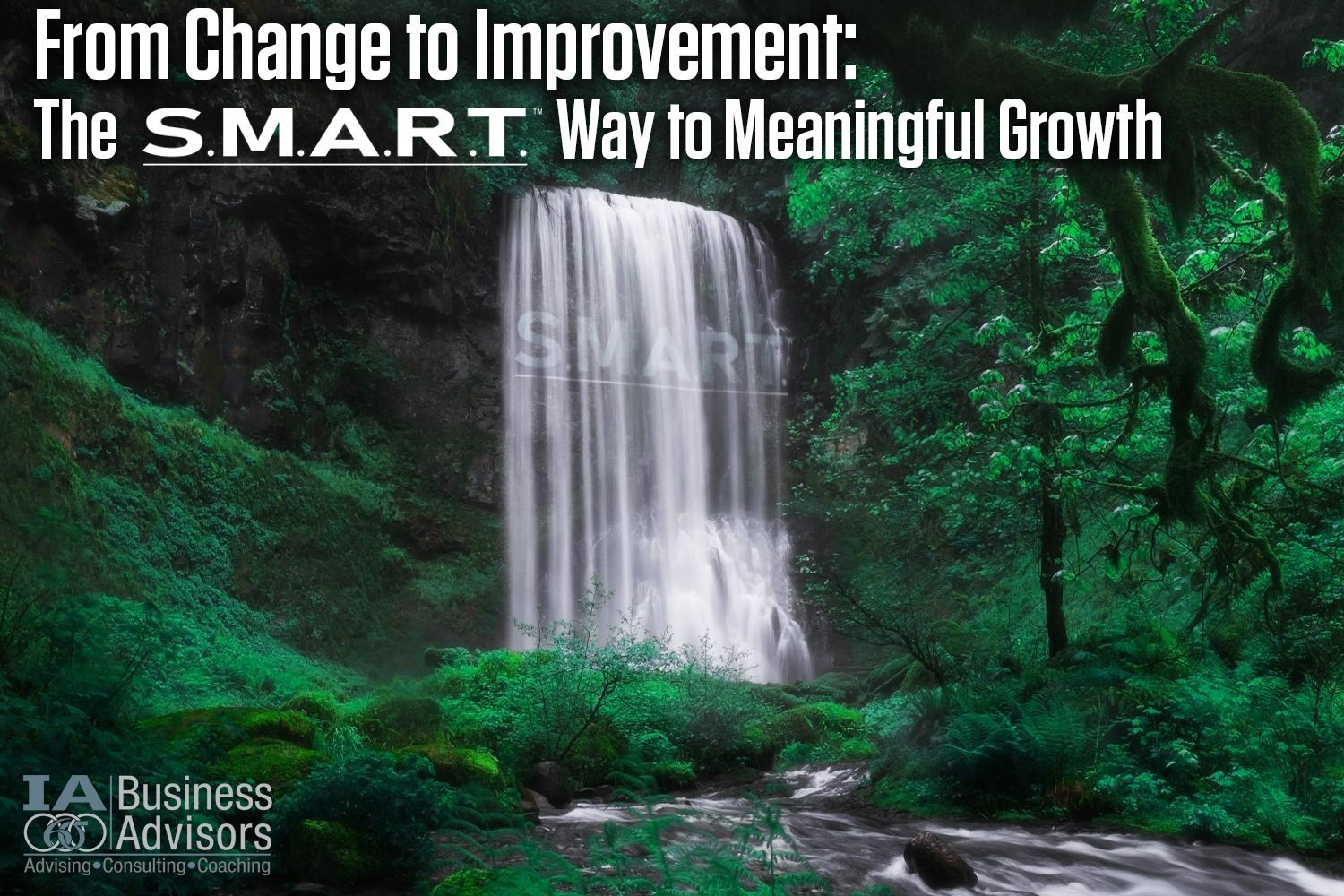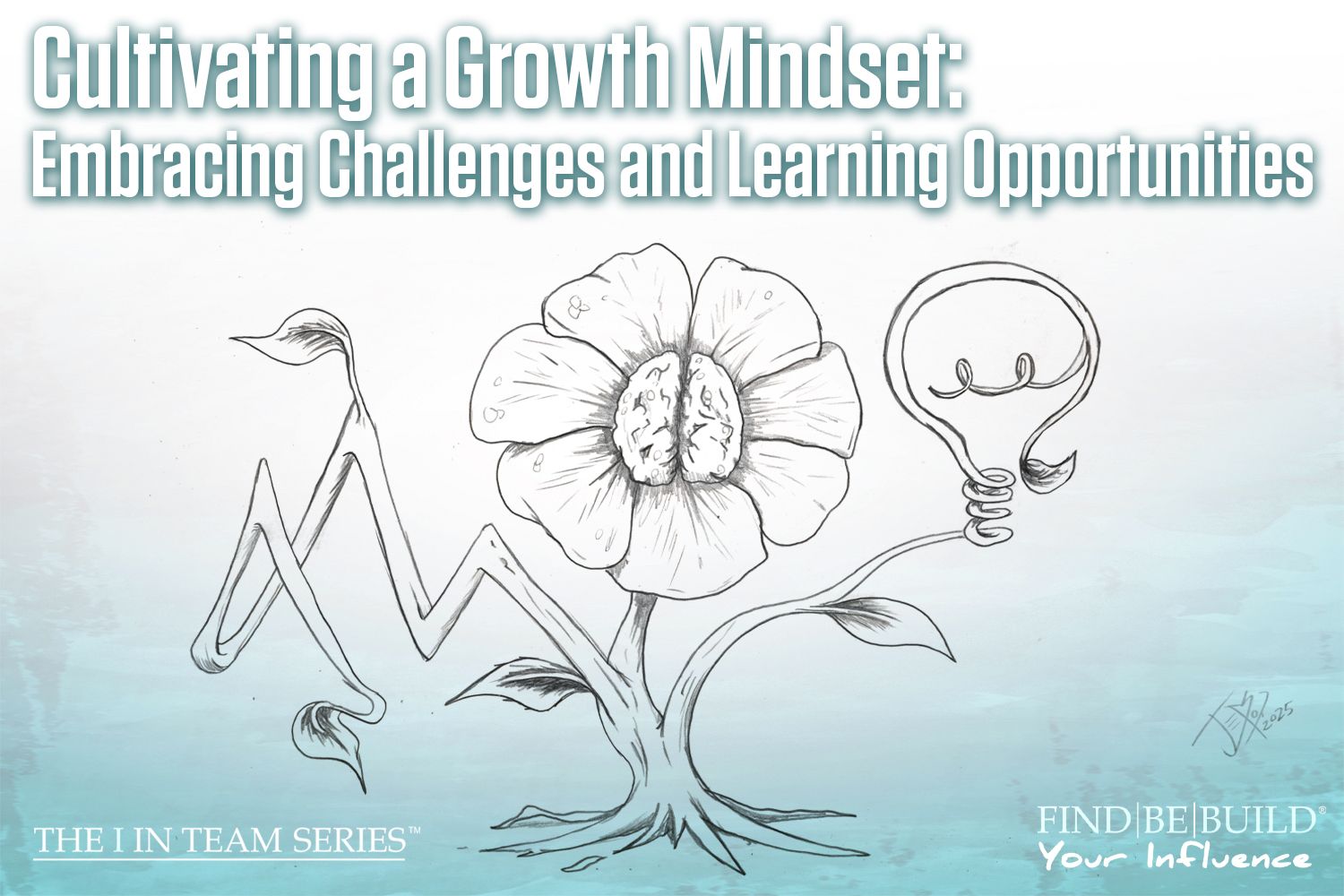June 9, 2025
In an increasingly volatile economy, businesses cannot afford to be reactive when it comes to their finances. Whether you're a startup founder, a growing enterprise, or a seasoned business owner, the risk of financial instability is real—and growing. At IA Business Advisors, we help companies proactively navigate these risks using our comprehensive S.M.A.R.T. Management System . S.M.A.R.T. is more than just a goal-setting acronym. It is a decision-making and execution framework that brings clarity, structure, and alignment to every part of your business. From six-week action plans to one-year targets and long-term strategy, S.M.A.R.T. ensures your financial operations support healthy growth and resilience. Understanding Financial Risk in Today’s Business Climate Financial risk is multifaceted. It ranges from cash flow disruptions and market shifts to internal mismanagement and over-leveraged growth. As Brian Smith shared on a recent Daily Influence podcast episode, unchecked growth can drive a company into bankruptcy. Scaling without intention—chasing fast growth without aligning the internal team and financial resources—leads to diluted communication, quality issues, and operational chaos. Mitigating financial risk begins by understanding that more revenue doesn't always equal more stability. True sustainability comes from building systems that support intentional, well-paced growth. The S.M.A.R.T. Framework in Action: Reducing Financial Risk Our S.M.A.R.T. Management System guides businesses in creating resilient, financially stable operations through: 1. Specific: Build with Intentionality Clarity is power. One of our podcast guests, Mike Heatwole (CEO of The Dala Group), emphasized the importance of sitting down to define what matters most—whether that’s paying down debt, investing in growth, or launching a new venture. When your financial goals are specific, your strategy becomes targeted and less prone to reactive decision-making. “If we don’t know what the goal is, how do we get there?” — Mike Heatwole, CEO of The Dala Group 2. Measurable: Track What Matters Many companies are blindsided not by invisible risks, but by unmonitored ones. We help clients implement tools to track cash flow, margin fluctuations, and budget variances in real time. Visibility into your financial health gives you the power to respond early and course correct as needed. 3. Achievable: Assign Financial Stewardship Risk is reduced when financial responsibility is distributed. Through teamwide financial literacy and clear accountability, we empower organizations to make stronger daily decisions. No individual person should carry the entire burden—and no key area should go unmonitored. 4. Relevant: Make Risk Management a Habit Quarterly or biannual financial health check-ins create a sustainable rhythm. These don’t have to be complicated—they just need to be consistent. Regular reviews embed risk awareness into your company culture and decision-making process. 5. Timely: Foster Honest Dialogue Financial silence is a hidden threat. As Brian noted on the podcast, emotions like fear or shame can prevent businesses from facing financial realities. We encourage honest, blame-free communication around financial performance, creating space for solutions and collective action. Case in Point: Short-Term Action, Long-Term Impact One of our clients, a family-run distribution company, had strong revenue but was bleeding cash due to aging receivables. Together, we built a six-week S.M.A.R.T. Plan focused on accounts receivable recovery. We implemented weekly check-ins, assigned ownership, and used real-time tracking. Within 90 days, their outstanding A/R dropped by 22%, freeing up capital and restoring operational confidence. It’s Never Too Late to Get Financially Intentional Many leaders in their 40s, 50s, or 60s worry they’ve waited too long. But as Mike Heatwole wisely shared: “It’s never too late. Just get started. Do something.” Progress—not perfection—is the goal. Start small. Build momentum. Take the next best step. This mirrors a concept we love from The Gap and The Gain by Dan Sullivan: measure progress based on how far you've come, not just how far you have to go. Final Thoughts: Make Financial Stability a Strategy Mitigating financial risk isn’t about a dramatic overhaul. It’s about consistent action, visibility, and intentional decision-making. With the S.M.A.R.T. Management System, IA Business Advisors helps businesses turn risk into clarity, fear into focus, and instability into opportunity. If you’re ready to start, we’re ready to help. Let’s have a conversation about what matters most to you—and build from there.


